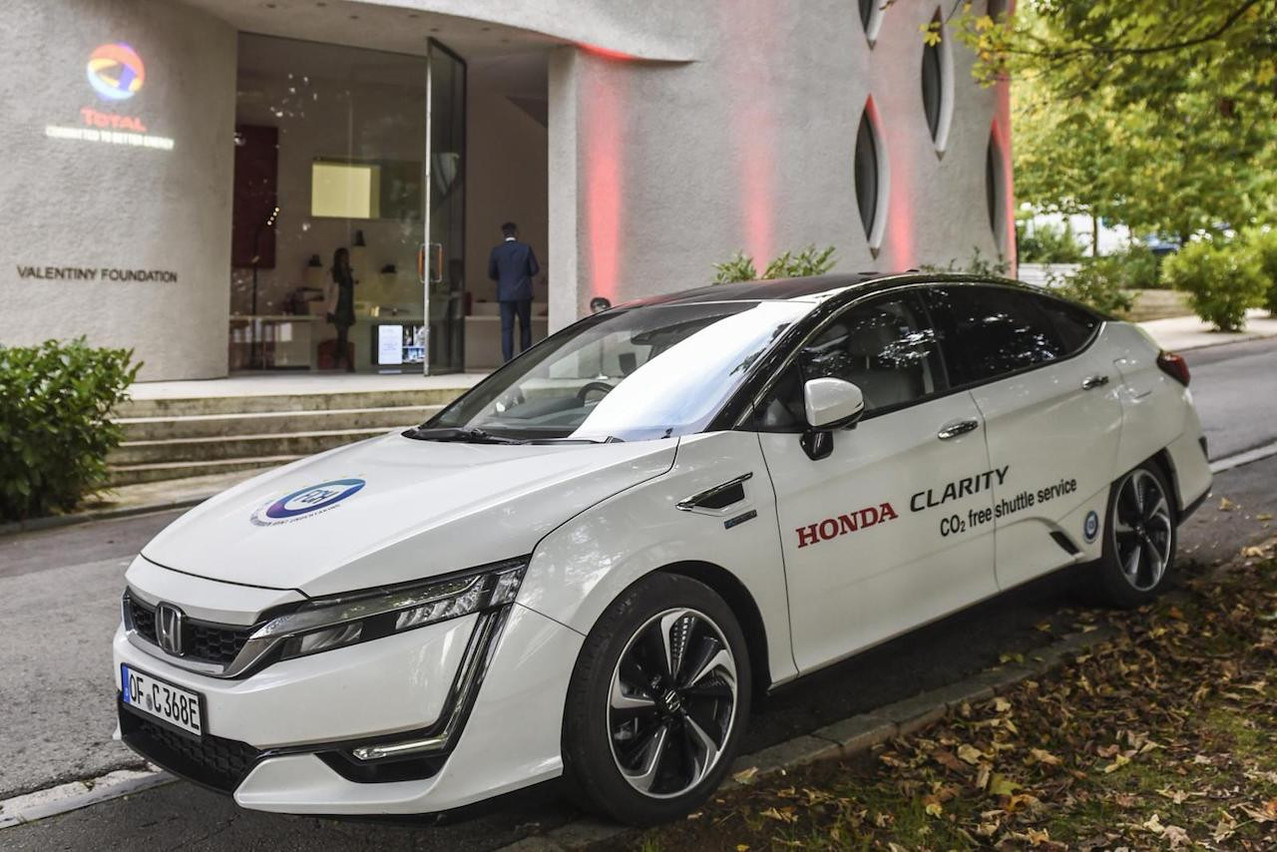Luxembourg’s transport minister (déi Gréng) has made the case again that synthetic fuels will be used solely for more heavy transport systems, for instance in the aviation industry. But some interest groups and politicians, including the Automobile Club of Luxembourg, are calling for the EU ban on the sale of fossil fuel automobiles as of 2035 to exempt synthetic fuels.
The Automobile Club of Luxembourg’s president Jean-Claude Juchem recognises the future of synthetic fuels and the need to build production facilities on a large scale. But Bausch, speaking on RTL Luxembourg radio on Tuesday, said that they will be used solely for aviation and shipping, and not for the private automobile.
I warn everyone who is under the illusion that there will be plenty [of synthetic fuel] available come 2035. That won’t be the case.”
The aviation industry will take far longer--at least 20 to 25 years--to transition to alternative engine systems, the minister said. That means there will be not a drop of synthetic fuels left for automobiles. “I warn everyone who is under the illusion that there will be plenty [of synthetic fuel] available come 2035. That won’t be the case,” Bausch said.
Electric engines that deliver power directly to the wheels are far more efficient in any case, he added.
Saudi Arabia betting on synthetics
Germany, and in particular the FDP, is arguing for synthetic fuels to be made available for automobiles. That is a position supported by Juchem. He told 100,7 radio on Tuesday morning that although synthetic fuels are currently prohibitive in terms of pricing for individuals, the automobile and its service industries will make progress to ensure they become more readily available and more cost competitive.
He cited an example of Porsche and Siemens working together on a synthetic fuels production facility in Chile. “Saudi Arabia, which has the space and sun to produce [synthetic fuels], is betting on replacing fossil fuels with synthetics,” Juchem said. “The advantage is that the existing infrastructure, filling stations, ships, transport, is the same as currently employed for fossil fuels.”
But Bausch told RTL that even the general director of VW has said that using synthetic fuels for private automobiles is illusionary.
Electric charging infrastructure deficit
Juchem said that the ACL welcomed the fact that automobiles will be decarbonised as part of the effort to achieve the climate targets. But he added that in his view there is a risk in switching from dependency on fossil fuels to being fully dependent on electricity to power automobiles. The infrastructure required is some way off, even if it is progressing well in Luxembourg. Juchem cited the variation of electric charging stations coverage throughout EU, saying that while there are 700 stations per 100,000 residents in the Netherlands, for example, there are just 44 per 100,000 residents in France.
Portugal and Poland are pushing to delay the date to 2040 and Germany wants to maintain sales of hybrids to allow for a smoother transition to full electric, Juchem said.
Also, with no date yet set for when existing fossil fuel burning cars will be banned from the roads, the second-hand market for these will continue to exist after 2035, Juchem argued.

